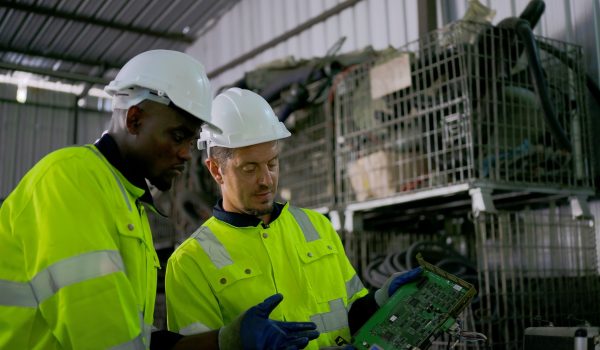Potential effects of Dutch circular economy strategies on West Africa
The study focuses on the end-of-life electrical and electronic equipment (EEE). Electronic waste is the fastest growing waste stream around the world, and is associated with severe environmental and social consequences. The official methods and strategies of waste collection and recycling are barely keeping pace with the increasing volumes of discarded equipment, especially in low- and middle-income countries. On top of that, significant shares of discarded electronic products are traded internationally, mostly from high-income countries to low- and middle-income countries. The study discusses impacts (both positive and negative) of a range of circular economy strategies that target electrical and electronic equipment in the Netherlands on low- and middle-income countries, with a specific focus on Western Africa (i.e. Ghana and Nigeria), which is a large recipient of discarded electrical and electronic equipment. The analysis covers both non-functioning items referred to as e-waste (WEEE) and second-hand items (used EEE).
The main findings were as follows:
- About one fifth of the waste electronic equipment in the Netherlands is exported, of which about a quarter is illegal.
- Trade in waste equipment affects pollution, human development and resource efficiency abroad.
- Impacts of circular economy policies on low- and middle-income countries can be both positive and negative.
- Circular economy strategies can reduce the export of second-hand products, which ultimately has several negative impacts on pollution.
- Precautions are needed to reduce external costs.
- A just transition requires an inclusive approach.
Other relevant publications
The Netherlands circular in 2050
The 'Netherlands circular in 2050' programme focuses on the development and realisation of a circular economy by 2050.
The case for an EU Circular Material Use Act
Manifesto of the FEAD proposing a Circular Material Use Act
Accelerating the circular economy in Europe
This report gives a comprehensive analysis of how the EU is doing in the transition to a more circular economy







